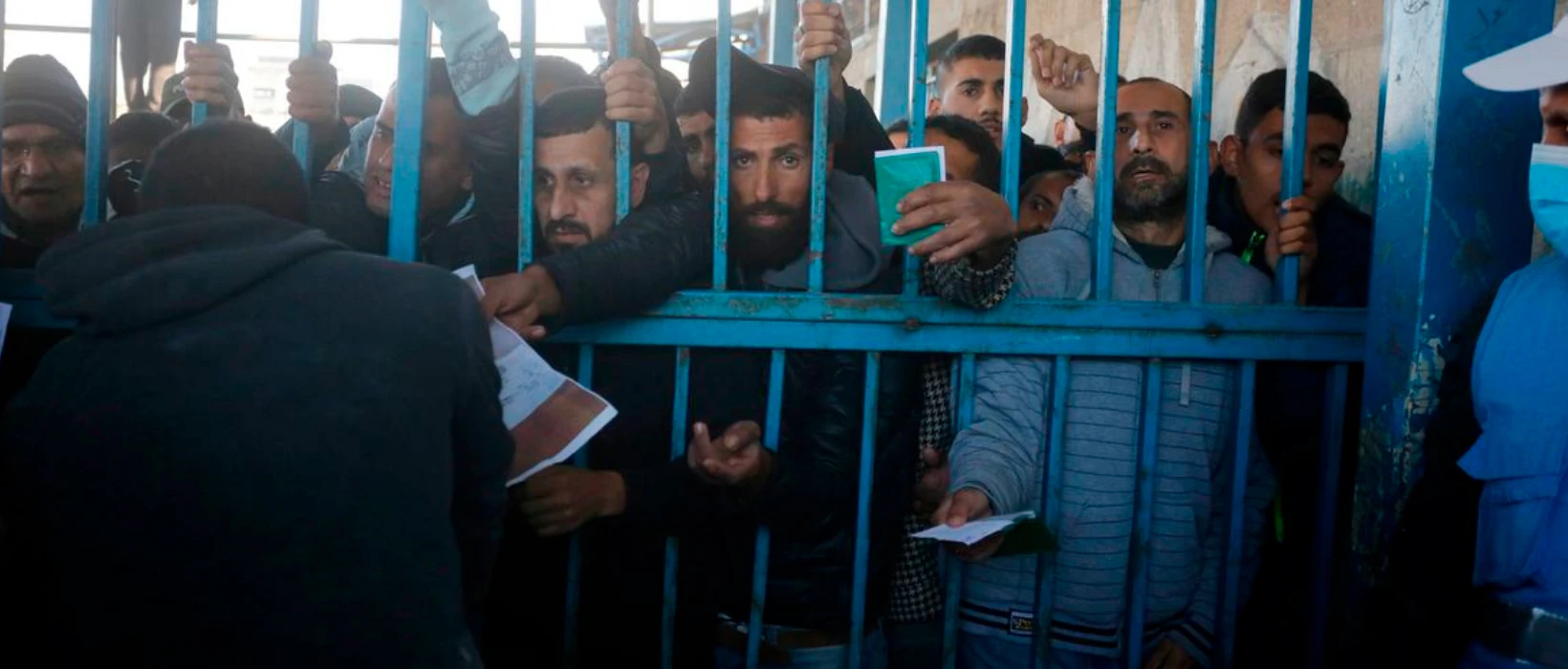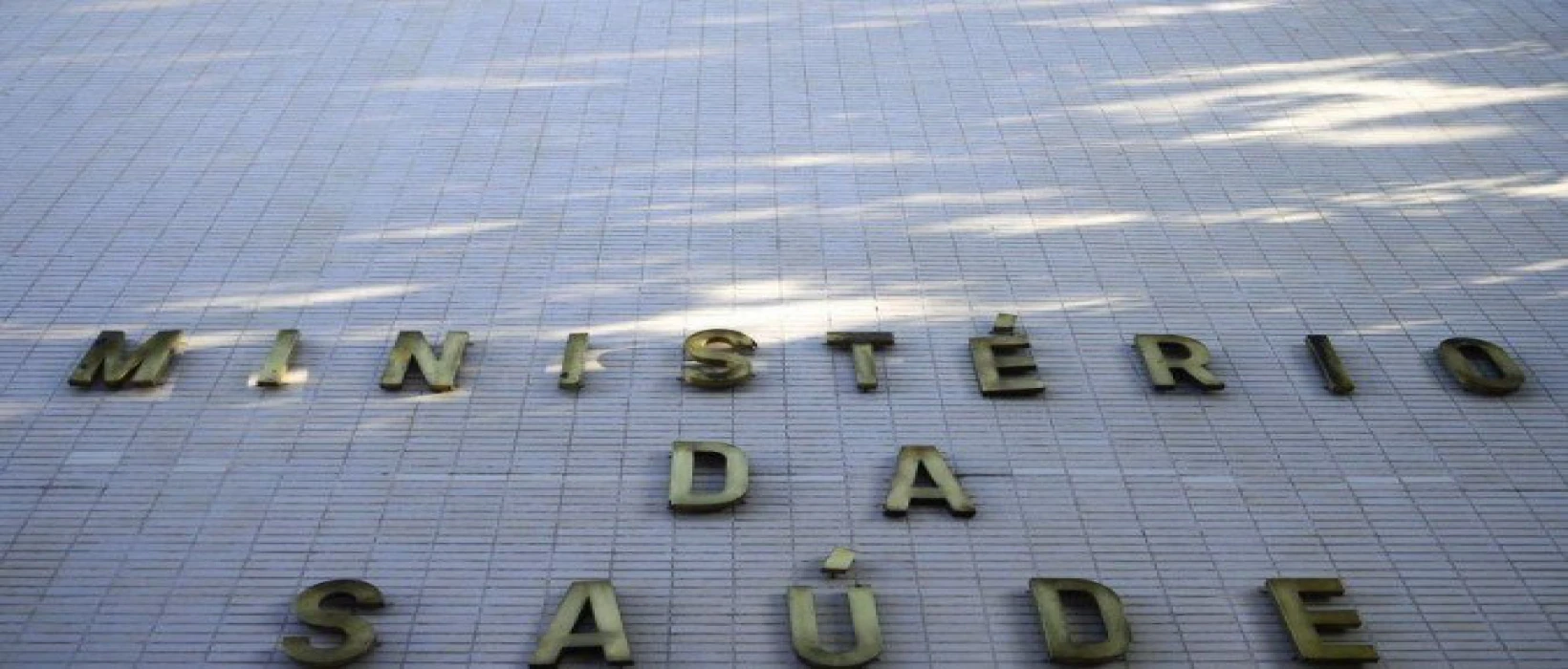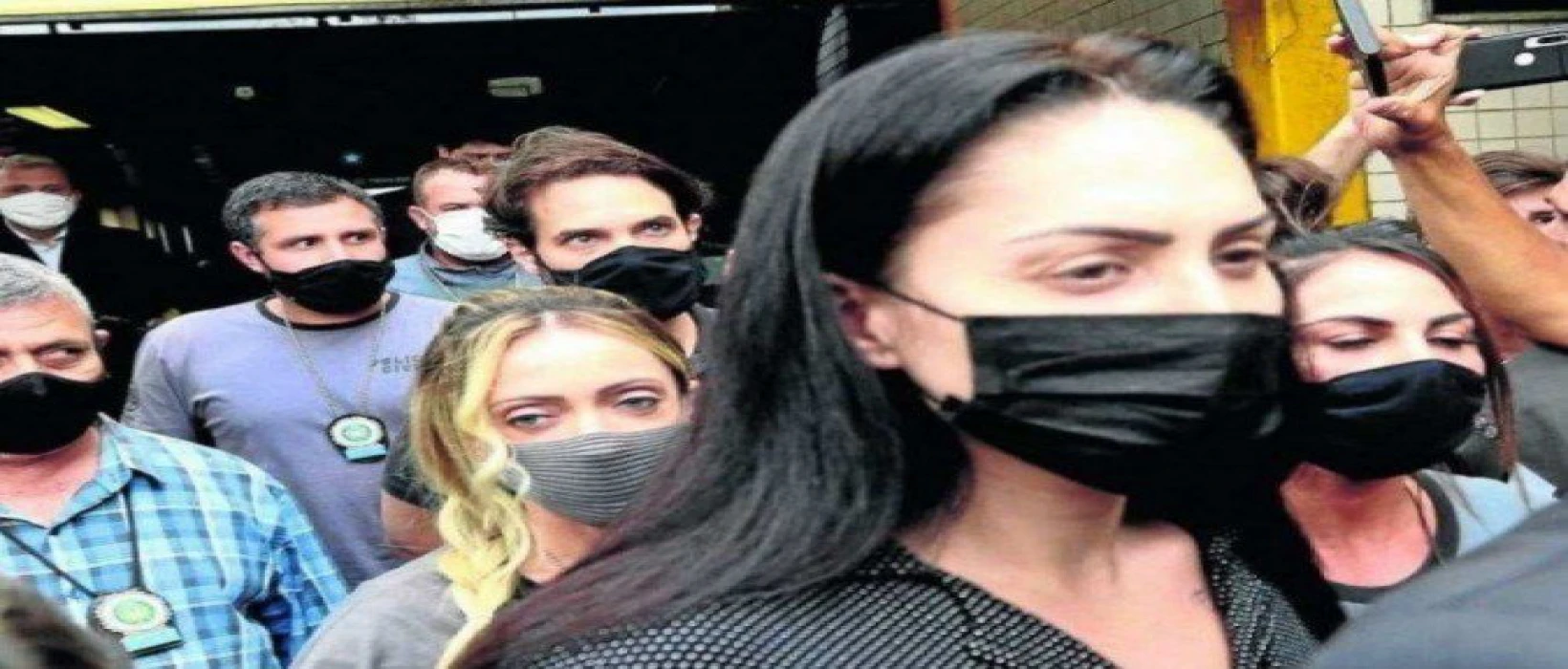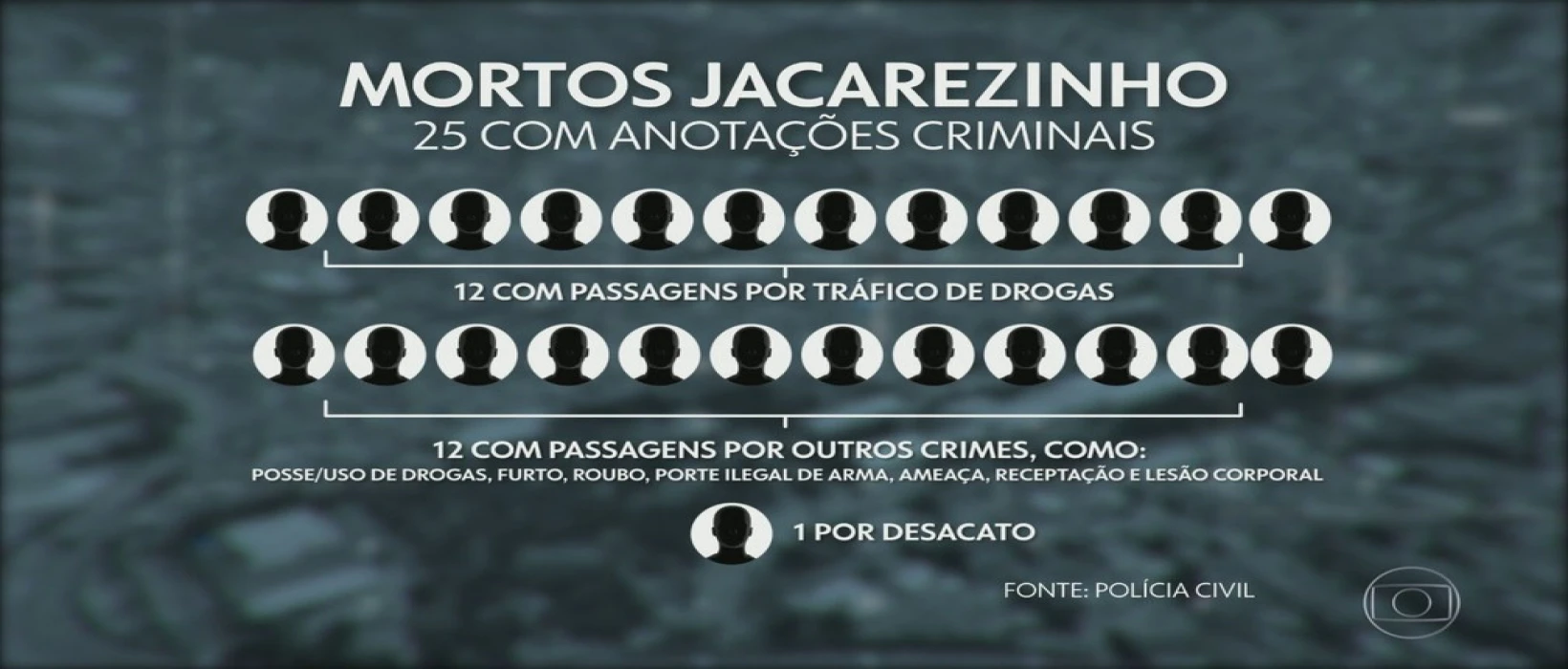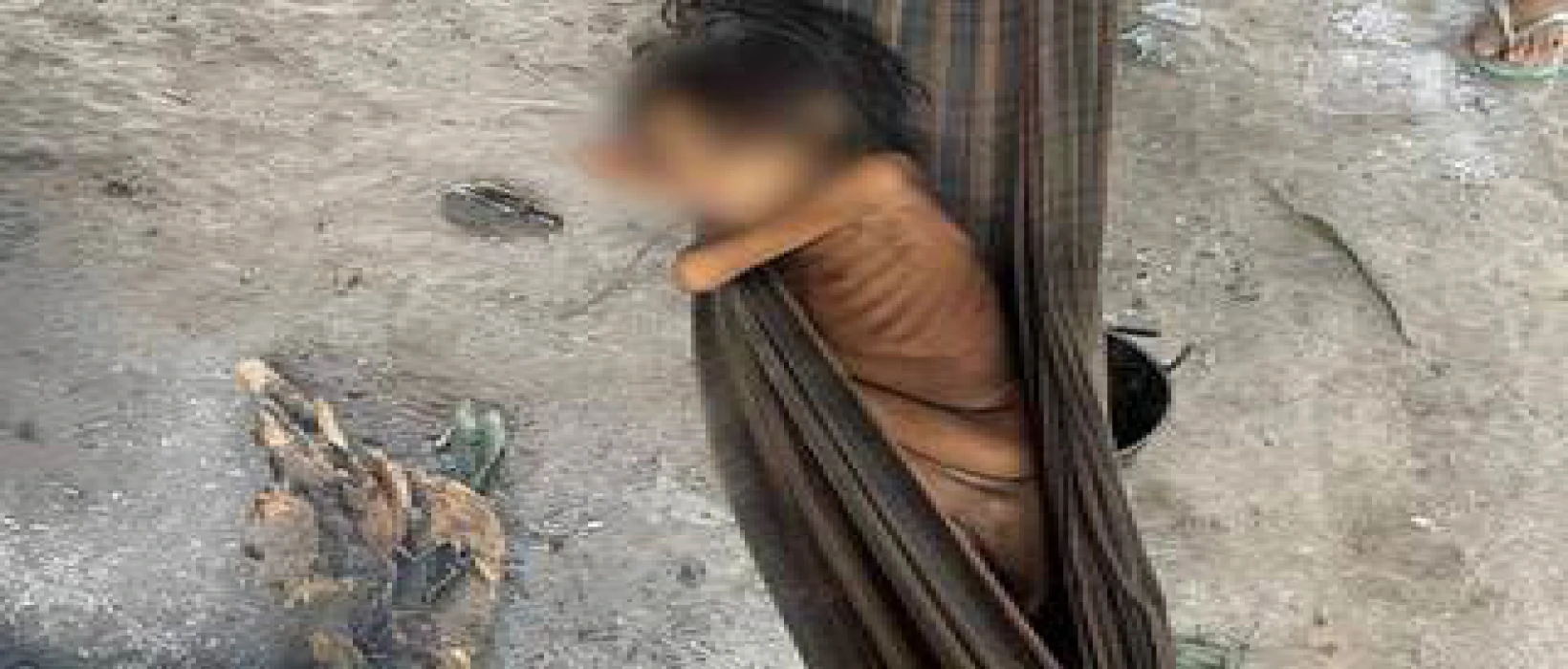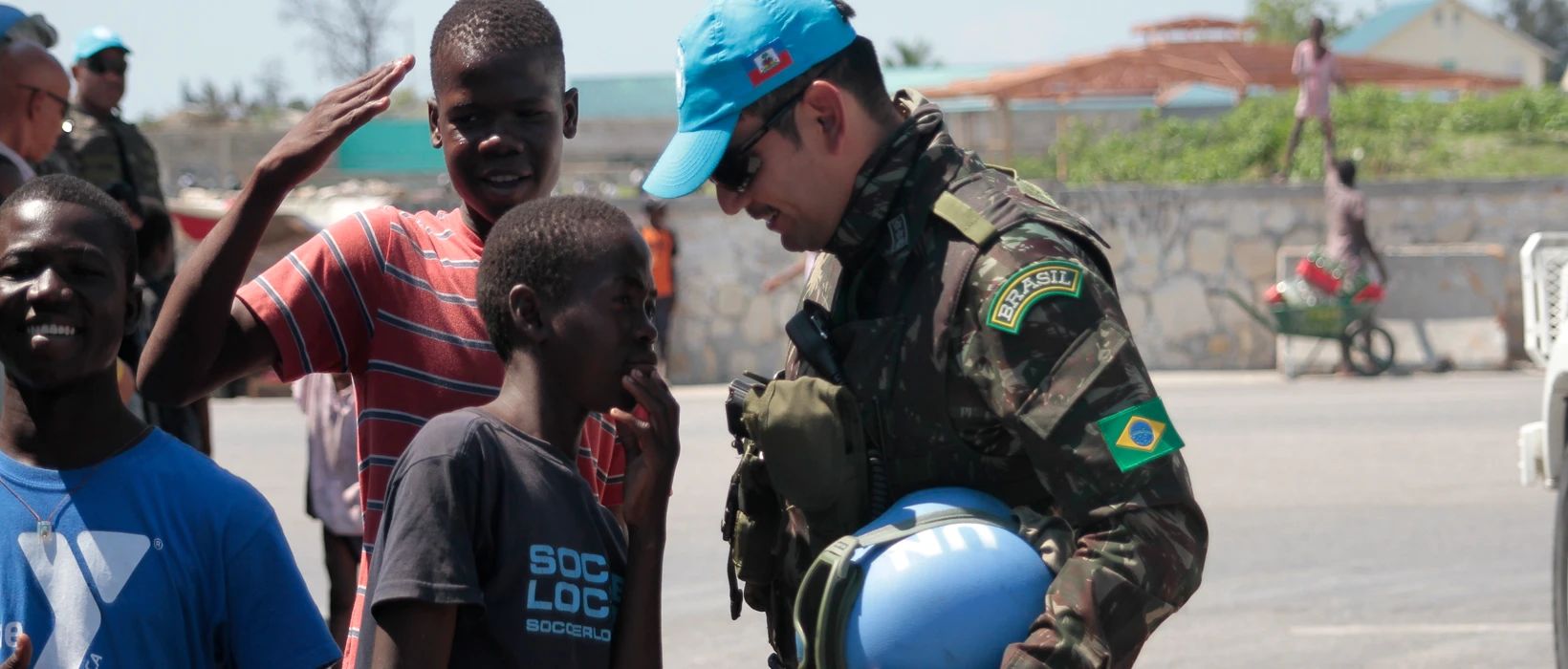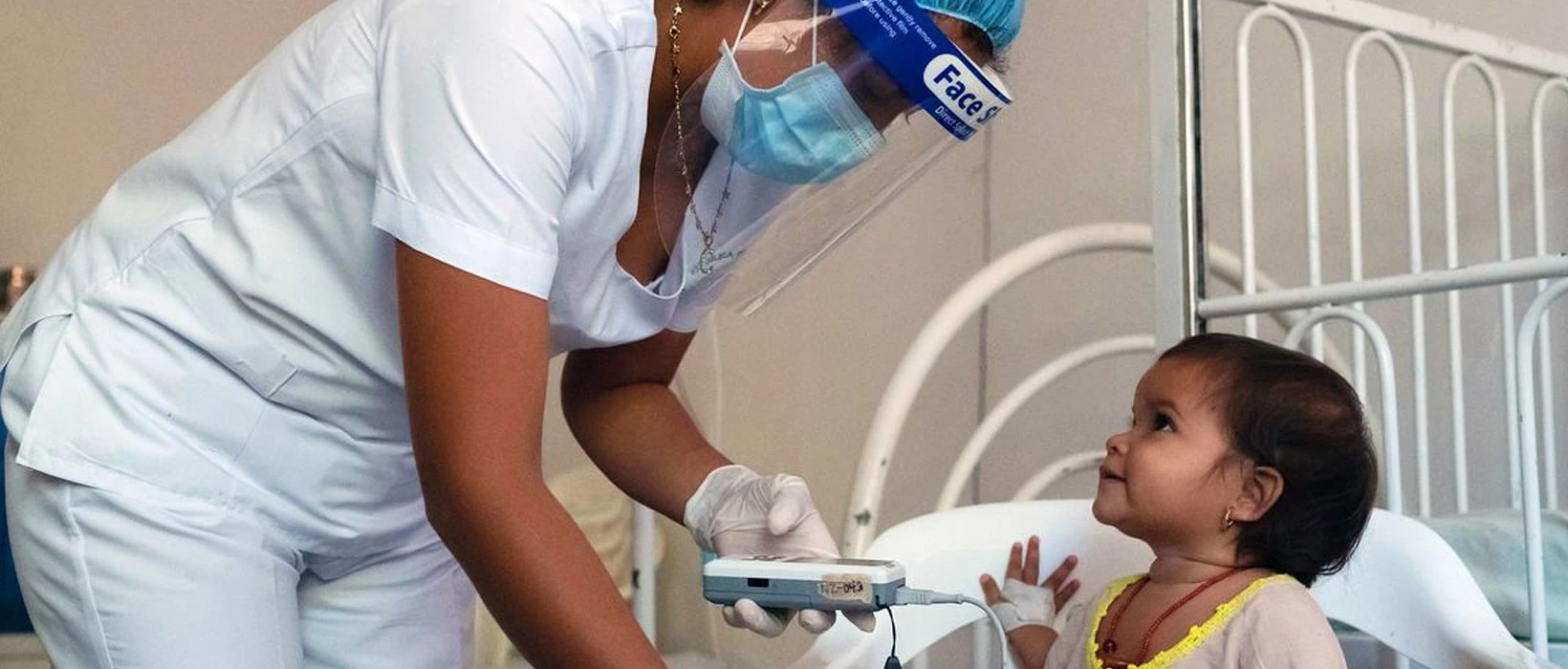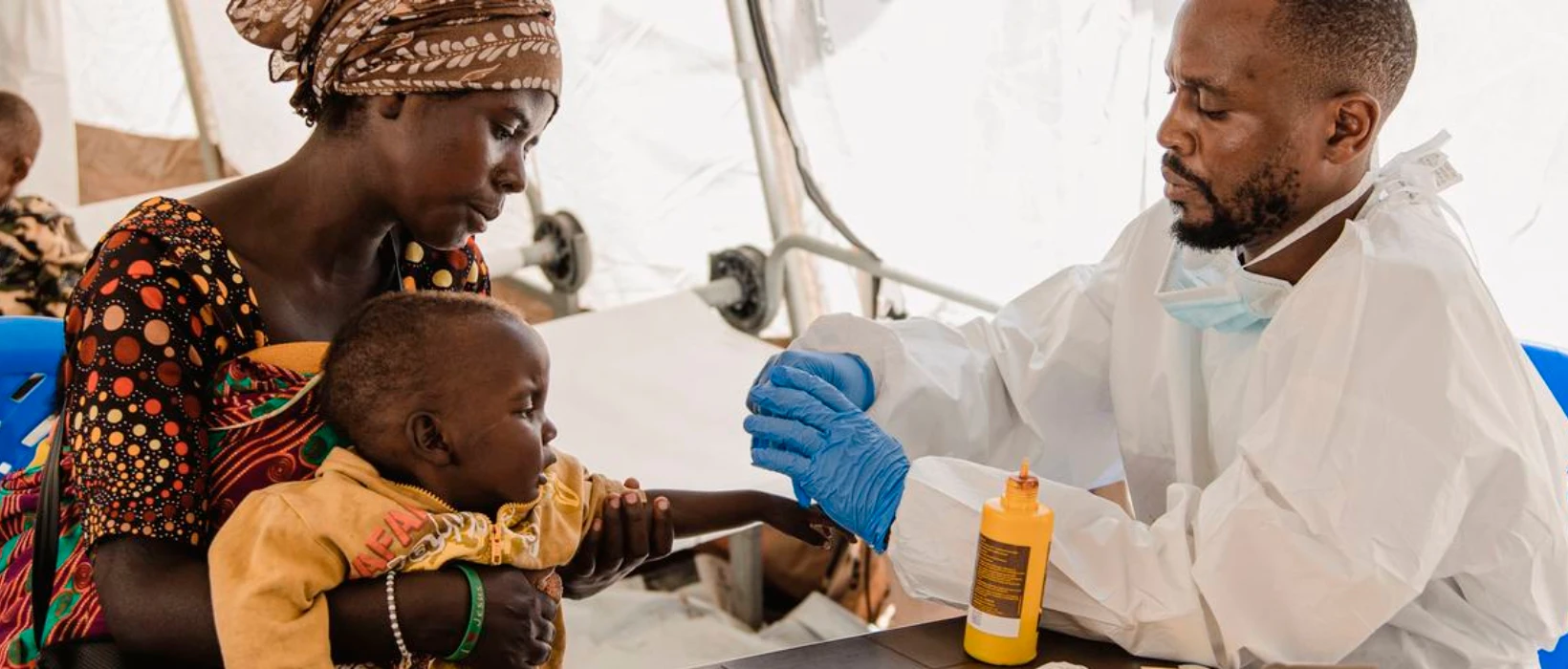The blockade on humanitarian aid entering Gaza has now reached two months, with all border crossings closed by Israeli authorities.
Following the collapse of the ceasefire, the United Nations Office for the Coordination of Humanitarian Affairs (OCHA) has described the situation as the “worst-case scenario.”
Speaking from Gaza City, OCHA spokesperson Olga Cherevko told reporters that food supplies are nearly depleted, access to clean water is virtually impossible, and hospitals are running out of blood reserves.
She shared harrowing observations, saying she sees “children and the elderly rummaging through piles of garbage” daily in search of food and materials to burn, as there is no fuel for cooking.
Cherevko also recounted a personal account from a friend who witnessed people engulfed in flames following explosions, with no water available to save them.
The Patient Friends Hospital, a pediatric facility in Gaza City, has been struck multiple times during the conflict. Meanwhile, Gaza is on the brink of a total energy blackout.
According to Cherevko, UN humanitarian workers remain in “constant contact” with Israeli authorities, urging the reopening of border crossings to allow life-saving aid into the area.
She emphasized that the UN has strict mechanisms in place to prevent the diversion of aid and to ensure assistance reaches those in need.
On Thursday, UN Under-Secretary-General for Humanitarian Affairs, Tom Fletcher, appealed directly to Israeli authorities to end what he called a “brutal blockade,” stressing that humanitarian workers must be allowed to save lives.
Fletcher also reiterated the urgent need for the release of hostages taken by Hamas on October 7, 2023, stating that “they should never have been taken from their families” and adding that “aid—and the civilian lives it protects—must never be used as a bargaining chip.”
Cherevko reported that, in the past six weeks, around 420,000 people have again been forcibly displaced—many with only the clothes on their backs—attacked as they fled and arriving in overcrowded shelters, with tents and humanitarian facilities under continued bombardment.
As the world marks World Press Freedom Day this Saturday, the UN Human Rights Office in the Occupied Palestinian Territories highlighted the “grim reality” journalists face in Gaza, being killed or wounded at an alarming rate—and with impunity.
The office has independently verified the deaths of 211 journalists in Gaza since October 7, 2023, including 28 women. UNESCO reports that at least 47 journalists have been killed in the line of duty.
The Human Rights Office also condemned Israel’s ongoing refusal to grant access to foreign journalists in Gaza, with only tightly controlled visits supervised by the military permitted since October 7.
The statement further highlights a pattern of intimidation, arrests, threats, mistreatment, and even sexual violence against Palestinian journalists, framing it as part of a broader campaign of repression and defamation.

